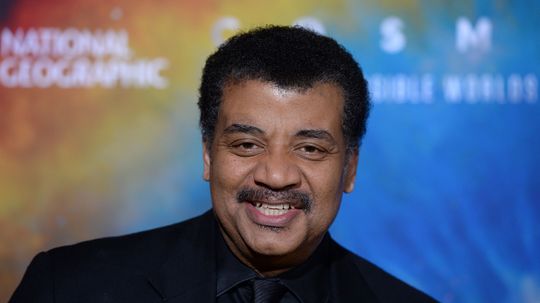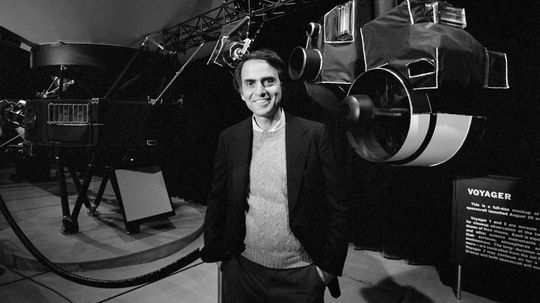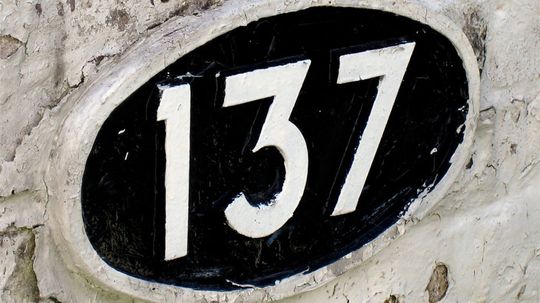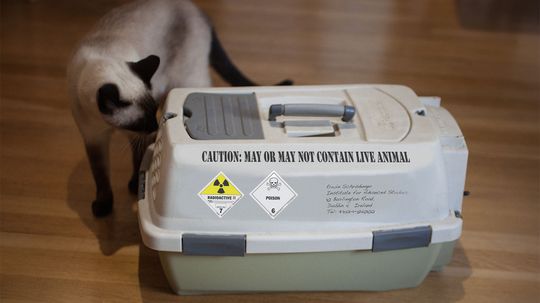Science Dictionary
Do you know what a meteor is, or what scientists mean when they are talking about cryogenics? Our collection of science terms explains the meaning of some of the most common scientific ideas.

10 Scientific Words You're Probably Using Wrong
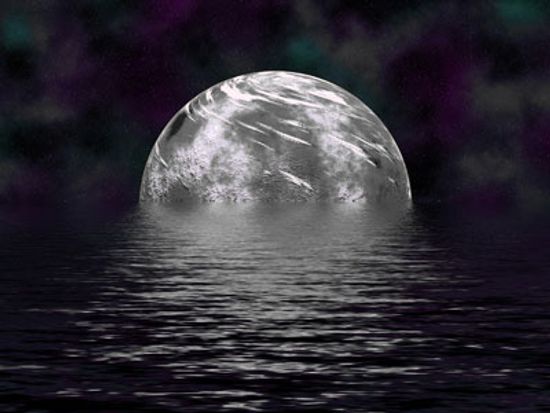
Can a planet float on water?
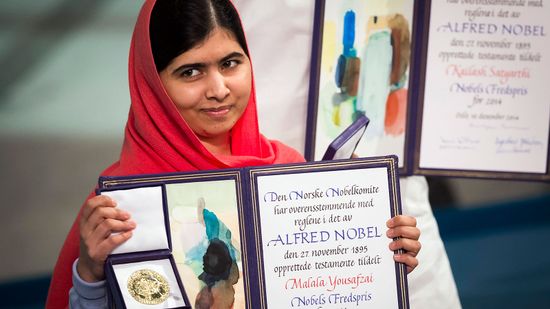
Can You Nominate Yourself for a Nobel Prize?

How Do You Win a Nobel Prize?

Quiz: How Much Do You Know About Stephen Hawking?
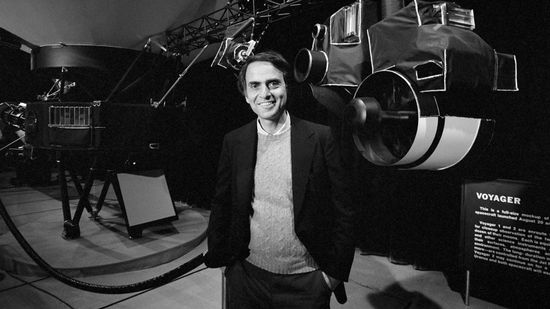
10 Cool Things About Carl Sagan

10 Cool Things About Neil deGrasse Tyson
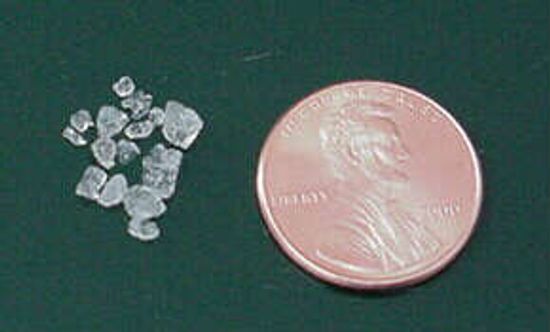
How do polymer crystals work and why do they absorb so much water?

Is a Karat the Same as a Carat?
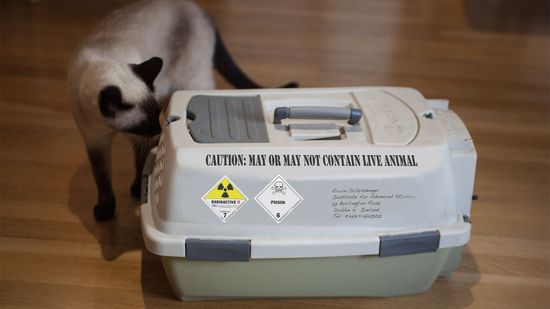
4 Quantum Physics Misconceptions, Busted
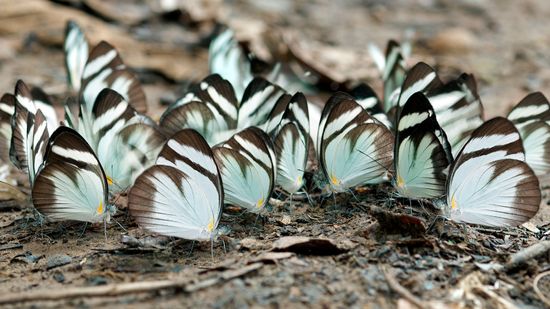
Chaos Is Not Randomness: A Complex Systems Scientist Explains
Learn More / Page 3
He starred with Superman, drove the getaway car at Pluto's demise and was voted sexiest astrophysicist by People magazine. Is there anything Neil deGrasse Tyson can't do?
He is famous for a phrase he never said, for wearing turtlenecks and for hosting the original 'Cosmos' TV series. As enthusiastic about the stars as he was about marijuana, Carl Sagan led a very surprising life.
From astronauts to doctors to an archaeologist, we present eight scientists whose contributions to science, engineering and math were inseparable from their identities as Indigenous Americans.
By Dave Roos
Advertisement
Under the right conditions, hot water can somehow freeze faster than cold water. It's called the Mpemba effect. We'll explain how it happens.
By Dylan Ris
Einstein famously called the phenomenon "spooky action at a distance," and physicists just won the Nobel Prize for their work on it, but what is quantum entanglement?
Van Allen Radiation Belts, two zones encircling the earth in which there are relatively large numbers of high-energy (fast-moving) charged particles.
By Yara Simón
The number 137, which is significant in multiple applications, has long been an object of fascination for physicists, mathematicians and mystics.
Advertisement
Questions, theories and debates about quantum physics can get muddled because of a number of myths and misconceptions. Here are four of them.
